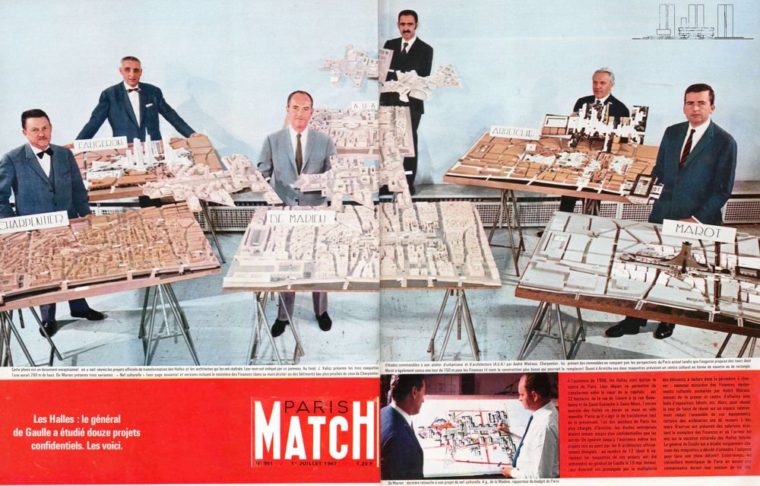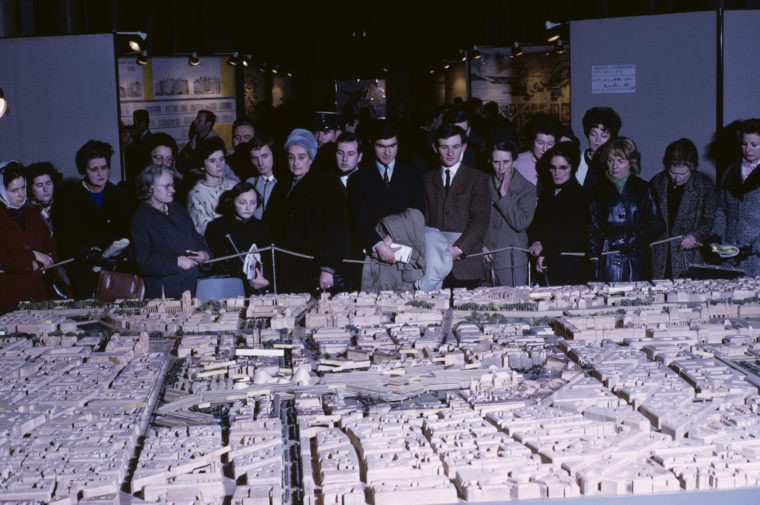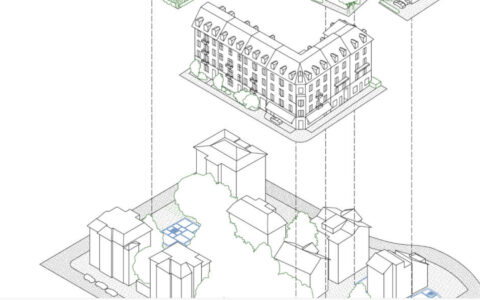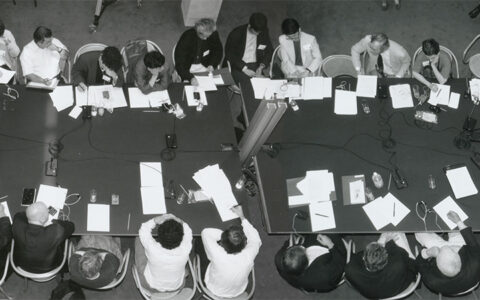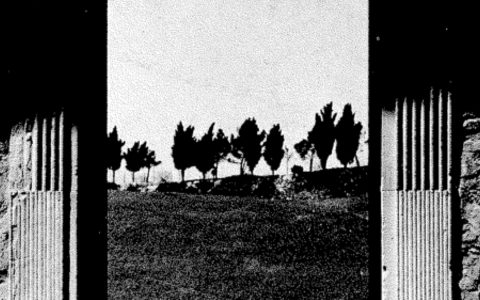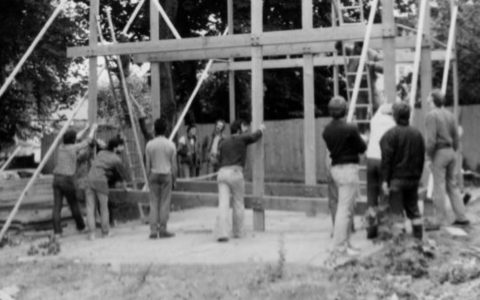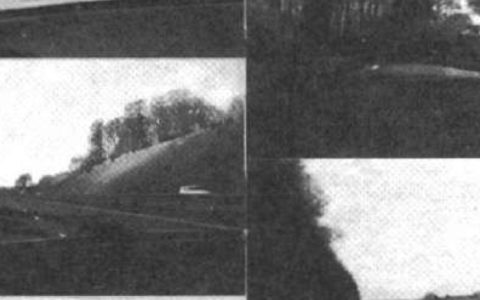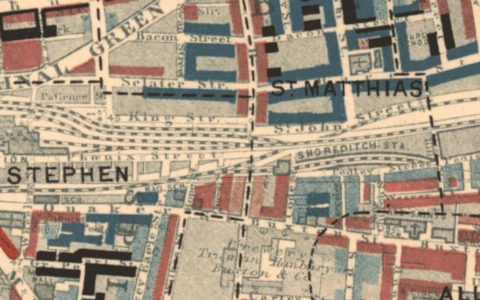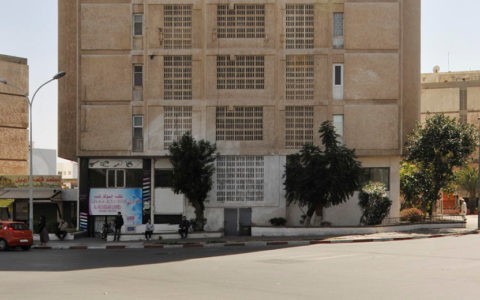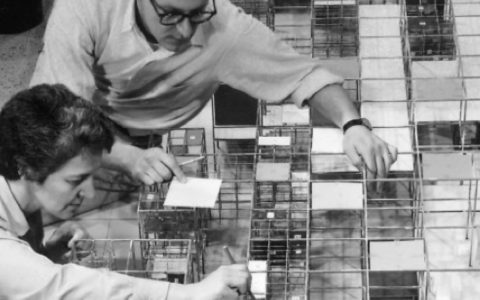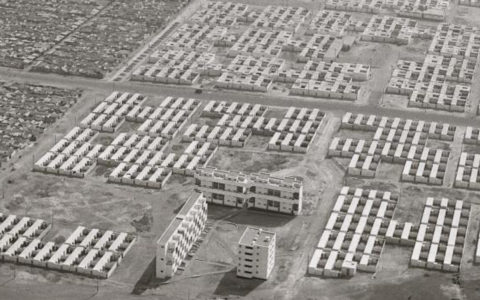Prof. Dr. Tom Avermaete | History and Theory of Urban Design
Exploring Urban-Scale Models: The Projets Urbains and the Performance of the Maquette, 1960s till Today
Little research exists on urban-scale models. In existing scholarship, they are often lumped together with architectural models. Although urban-scale models certainly possess characteristics that are similar to those of architectural models, they also differ. The key difference, this research project hypothesizes, is that in urban-scale models the performative capacity of the model takes precedence over its semiotic and compositional functions. The research project also posits that this performative capacity of urban-scale models—i.e. its ability to negotiate between various actors, regulatory requirements, functional demands, political ambitions, etc. over long periods of time—intensified from the 1960s on, with the shift of paradigm in urban planning and during the 1980s, when the Projets Urbains grew in popularity. Derived from participative urban strategies and the structural changes in urban development, the Projets Urbains offered an alternative to top-down master-planning by favouring more punctual and strategic urban interventions. The strong co-operative character of this type of urban development heavily influenced contemporary planning and design methods and led to a ‘golden age’ for urban-scale models – an age when their performative capacities were used to their full potential. This project examines how this strong performative capacity has enabled urban-scale models to play a key role in urban planning, particularly focusing on the period from the late 1960s till today.
